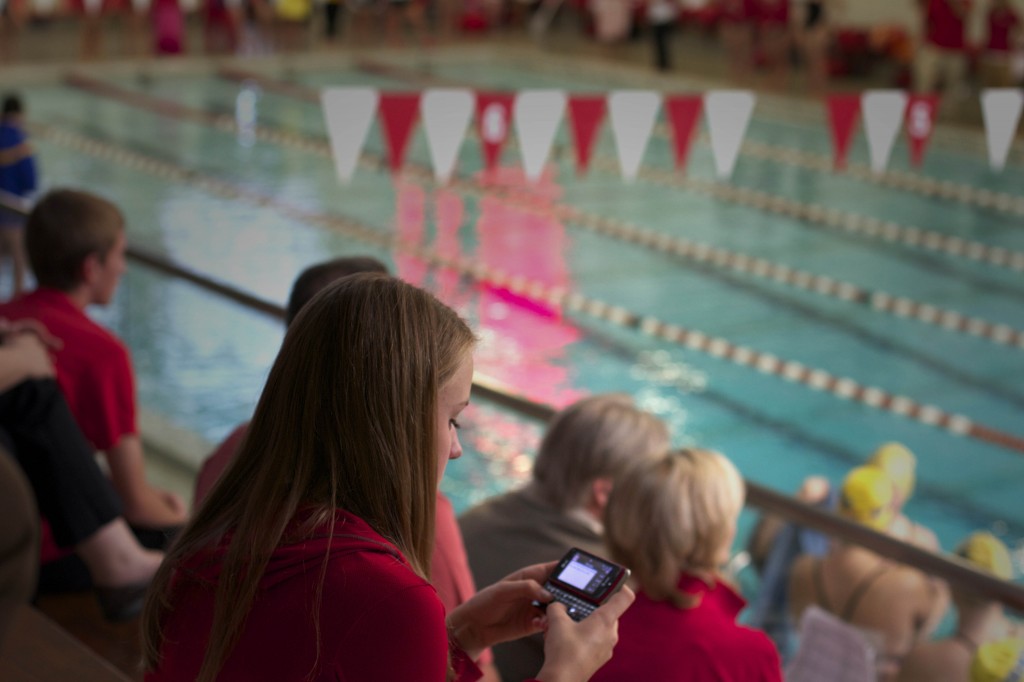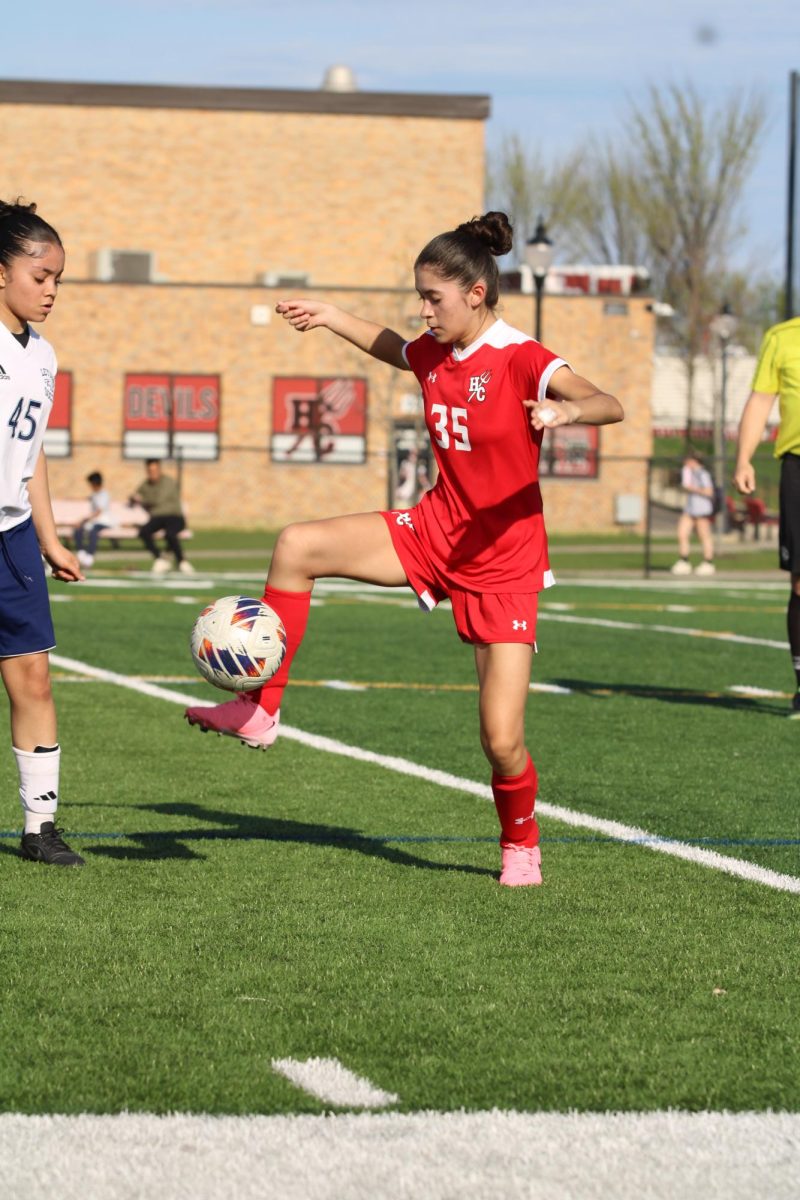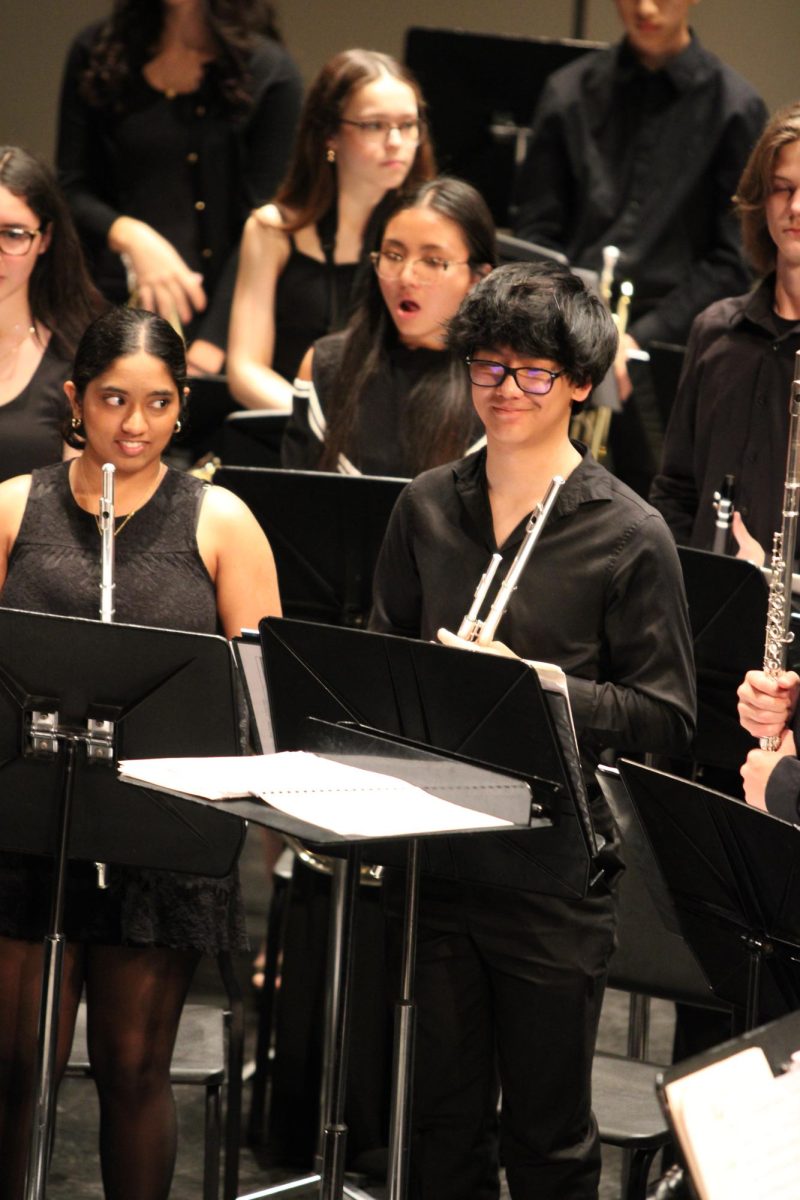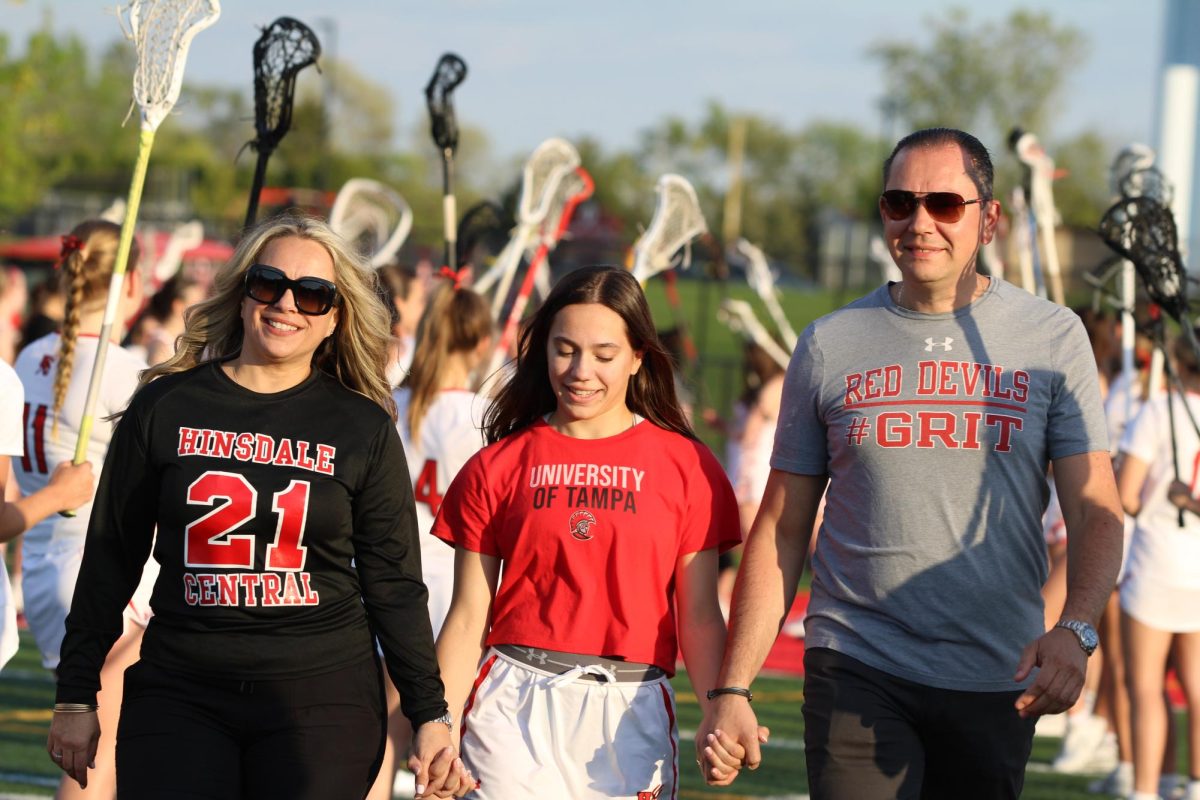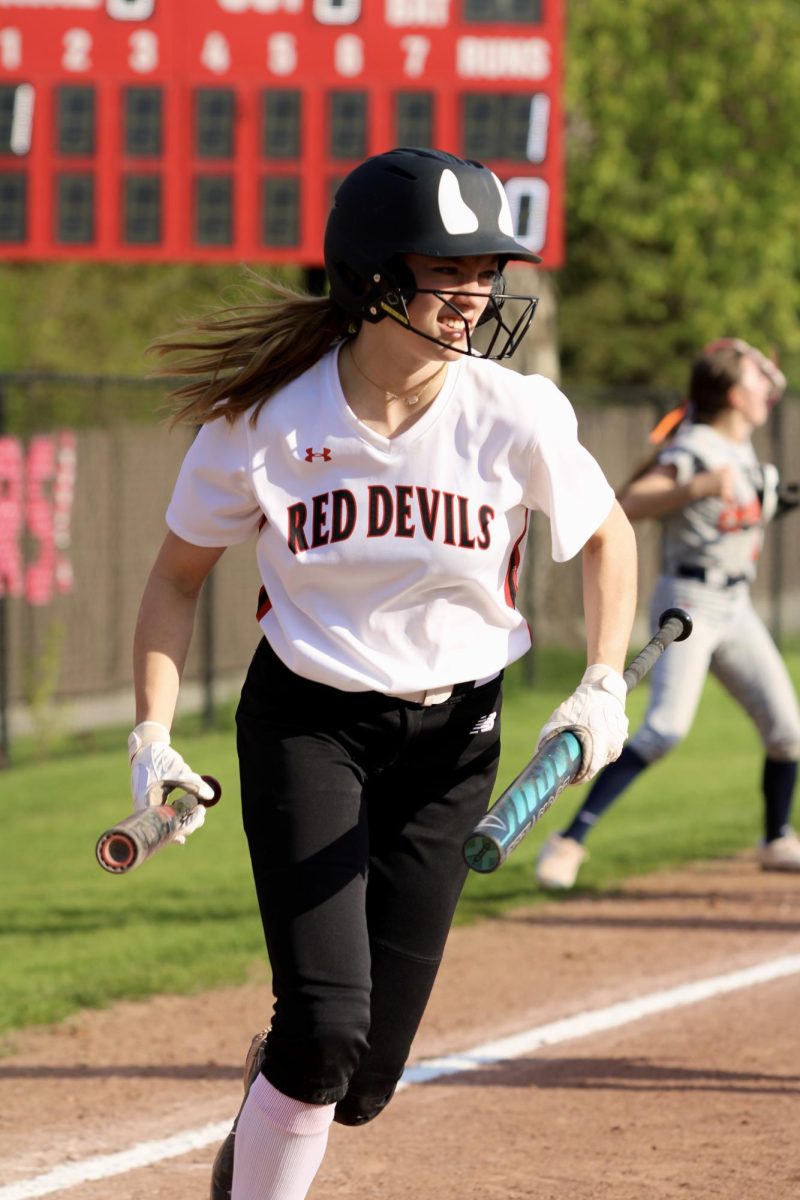The Illinois attorney general’s office and Equip for Equality, an advocacy group for disabled people, reached a settlement with IHSA (Illinois High School Association). The IHSA now permits disabled swimmers to compete and earn points for their teams in the 50-yard free, 100-yard free, 200-yard free and 100-yard breast stroke events at state swim meets.
The lawsuit was filed against IHSA on behalf of Mary Kate Callahan, a Fenwick student who is paralyzed from the waist down and wanted to be able to contribute to her team’s successes at swim meets.
“I think it’s outstanding that there are more opportunities given to students with disabilities so that they can compete and be recognized at the state level,” said Dan Jones, athletic director.
He is sure that the IHSA is on the right track with these rule revisions, but students have varying opinions on the subject.
“I think it’s fair because they shouldn’t be discriminated [against] if they are just as good as anyone else who makes it to state. And they work just as hard as anyone else does, if not harder, due to their disability,” said Katie Frederickson, junior varsity swimmer.
Samantha Strausser, a varsity swimmer, agrees that disabled swimmers should have the chance to compete at state-level but thinks that they should be scored separately. “Swimming involves the entire body, so I think they should be scored differently because every body part affects the overall speed and performance of a swimmer,” Strausser said.
The IHSA seems to share Strausser’s view. According to its recently revised rules, physically and visually disabled students will compete in an entirely separate division from the able-bodied swimmers. Within this division, they will be divided again into two classifications, developed by the Wheelchair and Ambulatory Sports USA which will then be based on the severity and type of disability.
The IHSA website states: “Awards will be given to the first five individual finishers in each classification at the state final meet.” The recent rule change could encourage more disabled students to join the swim team now that it is possible to honor their achievements on a state-level.
“We do have some disabled students that may be interested, and this might be a way to get them involved,” Jones said.



